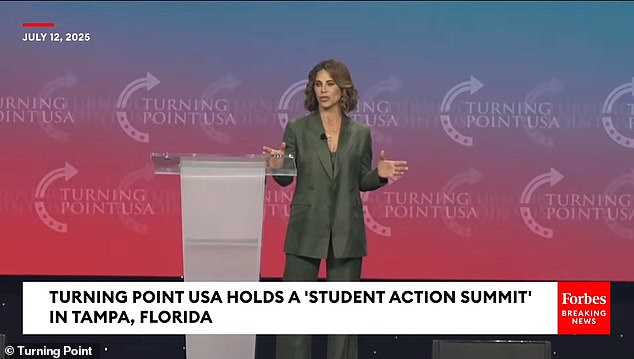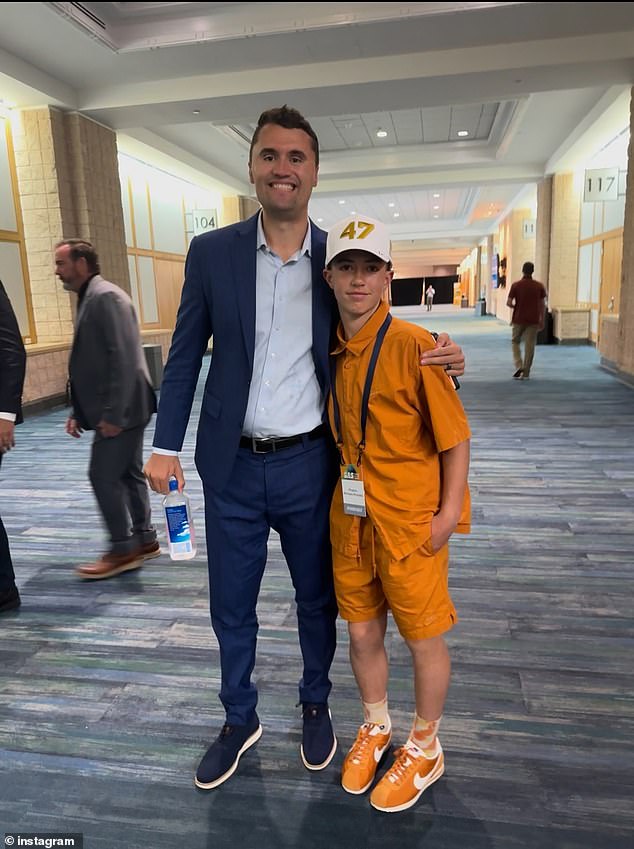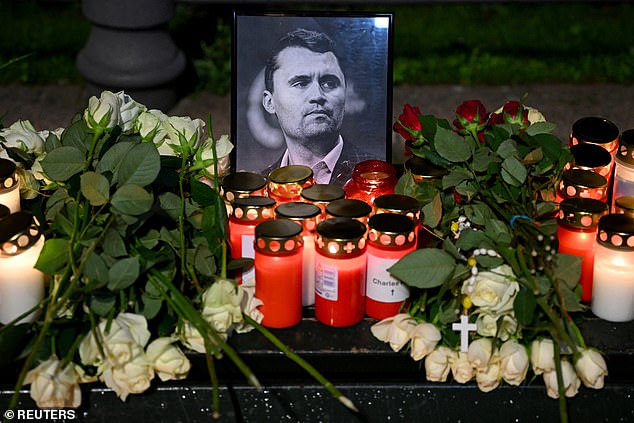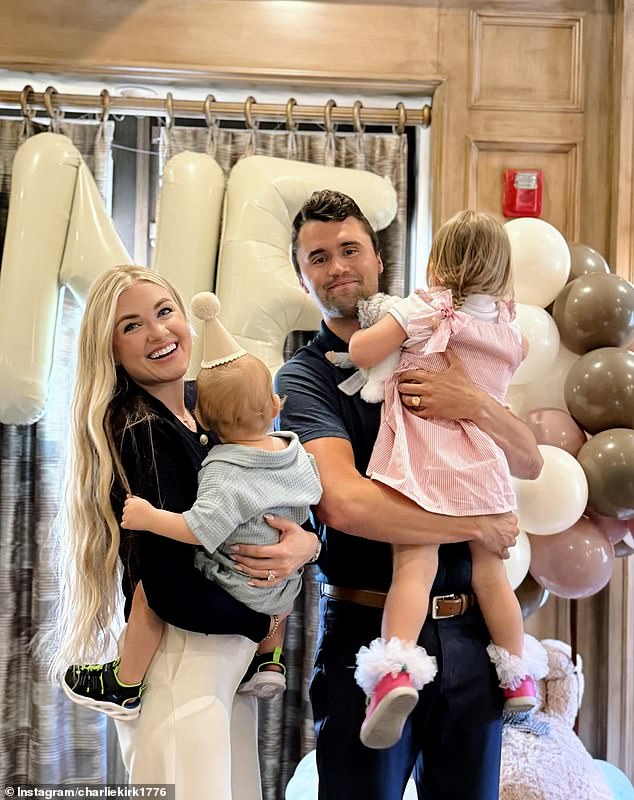I didn’t agree with Charlie on everything.
In fact, on some core issues, we were diametrically opposed. And yet, he recently invited me to speak at Turning Point USA’s Student Action Summit in Tampa.
When I stepped onto that stage and looked out into a sea of young faces, I said something they may not have expected to hear at the world’s premier conservative youth gathering:
‘Fortify your minds with different perspectives. The vision you have for yourself—and for the world—requires cooperation. You’re not just fighting to win an argument; you’re fighting to win people over. And you do that by truly listening to understand.’
That was Charlie’s legacy.
Unlike so many in public life, he never treated disagreement as enmity. He understood something essential: that democracy depends on dialogue. You cannot build a society by silencing, canceling, or caricaturing those who see the world differently. He believed in persuasion over violence, debate over destruction.
Charlie welcomed me onto his podcast, and he even shared my posts—whether on health or on the importance of bridging ideologies. He wasn’t afraid to highlight ideas from voices outside his base.
And I wasn’t the only one who grew to admire him. My young son once took three flights just to shake his hand at a Turning Point event. After what must have been Charlie’s fourth 14-hour day in a row, he still took a moment to talk with him, shake his hand, take a photo, and make him feel special.

When I stepped onto that stage and looked out into a sea of young faces, I said something they may not have expected to hear at the world’s premier conservative youth gathering

My young son (pictured) once took three flights just to shake his hand at a Turning Point event
Charlie spoke directly to young men at a moment when so many feel lost or vilified simply for who they are. In a culture quick to tell young men they are broken, Charlie dared to tell them they were needed. He taught them that masculinity wasn’t about dominance but about responsibility.
He urged them to be protectors and providers, to live with integrity, to embrace faith and duty, to love their families and their country. He reminded them that patriotism wasn’t blind nationalism, but gratitude for freedom and a call to stewardship.
He rooted it all in the idea that each of us carries a responsibility to build something better and to preserve the freedoms we’ve inherited for future generations. At a time when cynicism is fashionable and tearing down America is applauded, Charlie dared to tell young people to stand tall, take pride, and carry the weight of citizenship.
But Charlie was more than a cultural force. He was a husband, a son, and a father—roles that grounded him and shaped the values he carried into public life.
And here lies the irony, and the heartbreak: Charlie died trying to bridge the very divides he spent his life warning against.
At a moment when legacy media and too many politicians choose demonization over dialogue, Charlie chose engagement. Where others slap labels—’Nazi,’ ‘racist,’ ‘fascist’, ‘bigot’ on anyone who disagrees, Charlie kept talking. Where others profit from outrage, Charlie preached responsibility.
Why is this othering so relentless? Because outrage pays. Division mobilizes. The more we fear and hate one another, the more clicks, votes, and power flow to those stoking the fire. But when you strip people of their humanity—when you tell the world they are monsters—you make violence against them not just possible but, in some minds, justified.
That is why this has to stop. Now. If we continue to let leaders and institutions profit from hatred, we will lose not just individuals like Charlie, but the very fabric of our society.

Unlike so many in public life, Charlie never treated disagreement as enmity. He understood something essential: that democracy depends on dialogue. That was Charlie’s legacy

Charlie, 31, was more than a cultural force. (Pictured with his wife Erika Frantzve, 36, three-year-old daughter and 16-month-old son). He was a husband, a son, and a father—roles that grounded him and shaped the values he carried into public life
We cannot answer hate with hate, nor can we surrender to it. Real resistance means standing firm in principle—rejecting darkness without becoming it.
That means speaking out. It means demanding better from those in power. It means engaging across divides, even when it’s uncomfortable.
And it means remembering that most of us, left and right, still want the same core things: safety, opportunity, dignity, and a future for our children.
Charlie’s life should remind us that dialogue is not weakness but strength. That listening is not surrender but courage. And that love—of family, of community, of country—is not something to mock, but something to build upon.
We cannot allow ourselves to be divided into enemies. We cannot lose sight of our shared humanity. And we cannot give up on the hope that this country can still be a place where ideas are fought with words, not weapons.
Rest in peace, Charlie. May we honor you not only in memory, but in action—by carrying forward the best of what you stood for.











